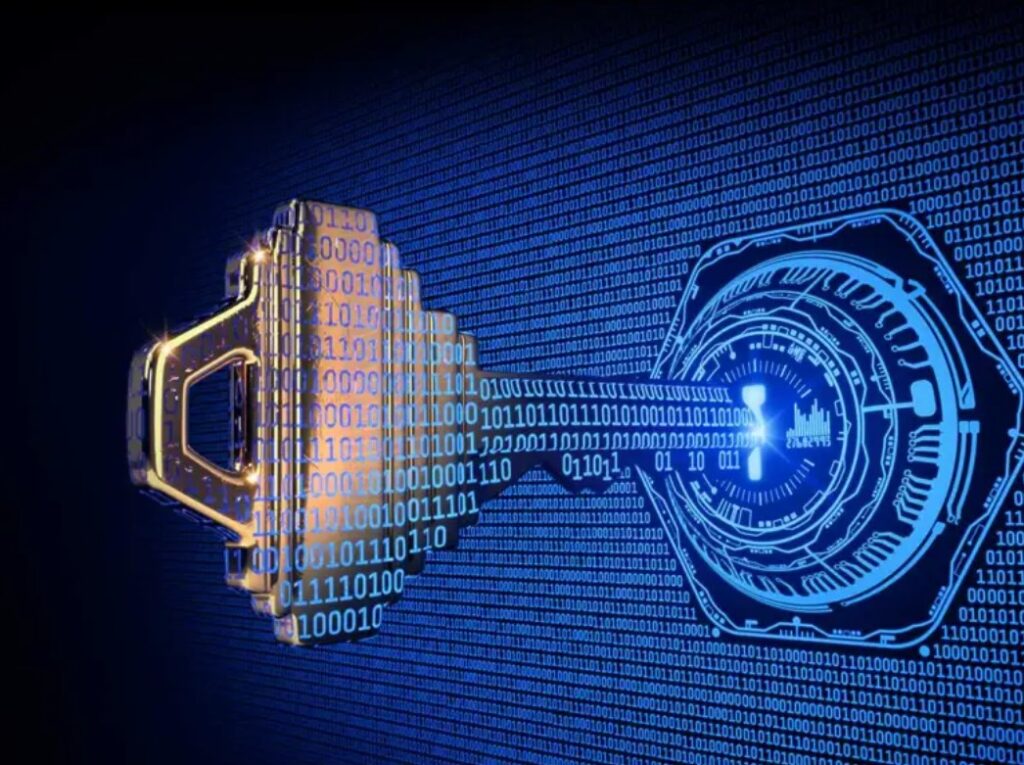Strengthening Security Posture: The Significance of Security Procedures in Cybersecurity
September 26, 2023

In the realm of cybersecurity, establishing comprehensive security procedures is paramount to safeguarding organizations against ever-evolving threats. Security procedures provide step-by-step instructions and guidelines for implementing security controls, responding to incidents, and ensuring consistent security practices throughout an organization. In this blog, we will delve into the definition and importance of security procedures and explore how their effective implementation can significantly enhance an organization’s security posture.
Defining Security Procedures
Security procedures are a set of documented instructions and protocols that outline specific actions and processes to be followed in various security-related scenarios. These procedures encompass a wide range of activities, such as system configurations, vulnerability management, access controls, incident response, and data protection measures. They provide a standardized approach to security practices and guide employees in executing tasks consistently and efficiently.
Enhancing Security Consistency
Consistency is crucial for a robust security posture. Security procedures help ensure that security measures are implemented consistently across an organization. By defining specific steps to be followed in various security scenarios, procedures reduce the likelihood of oversights or variations in security practices. This consistency minimizes the risk of vulnerabilities or gaps in security controls and fosters a unified approach to protecting sensitive information and assets.
Mitigating Human Error
Human error remains a significant contributor to security incidents. Security procedures play a vital role in mitigating human error by providing employees with clear instructions on how to perform security-related tasks correctly. Procedures can cover topics such as password management, secure data handling, system patching, and secure remote access. By establishing standardized procedures, organizations empower employees to execute tasks accurately, reducing the risk of accidental security breaches.

Streamlining Incident Response
Incident response procedures are a critical component of an organization’s security procedures. They provide a structured approach to identify, contain, and mitigate the impact of security incidents. Incident response procedures outline roles, responsibilities, communication channels, and specific steps to be followed during an incident. Well-defined procedures enable a swift and coordinated response, minimizing the impact of incidents, and facilitating effective recovery.
Supporting Compliance Requirements
Organizations operating in regulated industries must adhere to specific security and privacy requirements. Security procedures help organizations meet these compliance obligations by providing a framework for implementing necessary security controls and documenting evidence of adherence. Procedures should align with regulatory standards and incorporate relevant requirements to ensure that compliance obligations are met consistently.
Facilitating Training and Knowledge Transfer
Security procedures serve as a valuable resource for training employees and onboarding new staff members. They provide a structured guide for training programs, ensuring that employees understand and follow established security practices. Procedures can be used to develop training materials, conduct simulations, and validate employees’ understanding of security protocols. Moreover, security procedures support knowledge transfer within the organization, ensuring that critical security practices are consistently maintained, even in the event of employee turnover.
Security procedures are a cornerstone of an organization’s cybersecurity efforts. By providing step-by-step instructions and guidelines, these procedures promote consistency, mitigate human error, streamline incident response, support compliance requirements, and facilitate training and knowledge transfer. To maximize their effectiveness, security procedures should be regularly reviewed and updated to align with emerging threats, evolving technologies, and changing regulatory landscapes. By implementing and adhering to well-defined security procedures, organizations establish a strong security foundation, reduce the risk of security incidents, and enhance their overall security posture, thereby protecting valuable assets and maintaining the trust of stakeholders.
Have Any Question?
Call or email Cocha. We can help with your cybersecurity needs!
- (281) 607-0616
- info@cochatechnology.com




